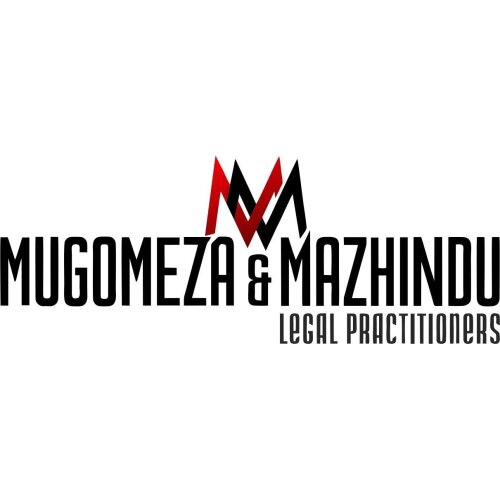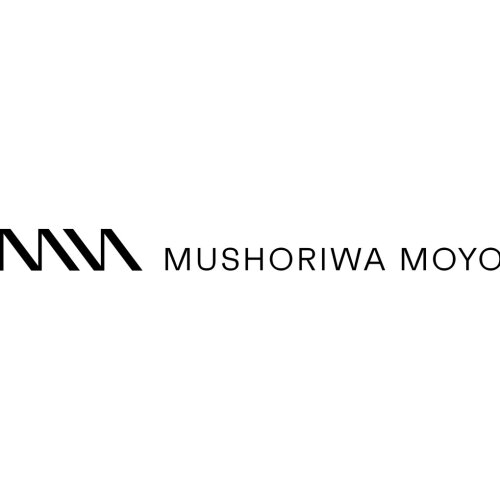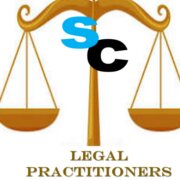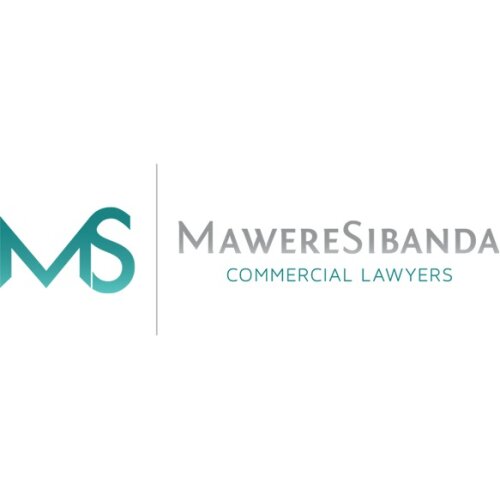Best Creditor Lawyers in Zimbabwe
Share your needs with us, get contacted by law firms.
Free. Takes 2 min.
Or refine your search by selecting a city:
List of the best lawyers in Zimbabwe
About Creditor Law in Zimbabwe
Creditor law in Zimbabwe covers the legal frameworks and practices associated with the rights and obligations of creditors. This area of law is key to facilitating transactions in credit markets and ensuring the collection of debts in accordance with the law. It governs how creditors can collect debts, the procedures for resolving disputes between debtors and creditors, and the rights creditors have in the case of default. The legal framework seeks to balance the interests of creditors with protections for debtors to prevent abusive practices. Key legislation includes the Insolvency Act, the Companies Act, and various regulations under these acts.
Why You May Need a Lawyer
There are several situations where individuals or businesses may require legal assistance in the field of creditor law:
- If you are a creditor seeking to collect a debt and are facing resistance or complications from a debtor.
- If your business extends credit to customers and you want to ensure compliance with all legal obligations.
- If you are involved in a dispute regarding the terms of credit agreements.
- If a debtor has filed for bankruptcy, and you need to understand your rights and options as a creditor.
- If you are a debtor who believes a creditor is acting in violation of your rights.
- For guidance on structuring credit agreements or handling collections legally and efficiently.
Local Laws Overview
Key aspects of creditor law in Zimbabwe include:
- The Insolvency Act: Governs the process for recovering debts when a debtor becomes insolvent, including liquidation and restructuring options.
- The Companies Act: Provides guidelines for creditors in the context of corporate debt and insolvency situations, including liquidation proceedings.
- Security Interests: Establishes rules around secured and unsecured debt, and how creditors can recover debts using collateral.
- Debt Collection Practices: Outlines fair practices for debt collection and prohibits harassment or unlawful collection tactics.
Frequently Asked Questions
What is the procedure for collecting debts legally in Zimbabwe?
The legal collection of debts typically begins with formal communication, followed by negotiation, and if necessary, taking legal action through the courts to obtain a judgment.
Can creditors contact my employer about unpaid debts?
Creditors are not allowed to contact your employer directly about debts without your consent, except in specific legal situations, such as court orders.
What happens if a debtor files for bankruptcy in Zimbabwe?
When a debtor files for bankruptcy, a legal process is initiated to assess and distribute assets among creditors, often under the oversight of the court.
What are secured and unsecured debts?
Secured debts are loans backed by collateral, such as a mortgage, whereas unsecured debts have no specific asset guaranteeing the debt and include credit cards and personal loans.
How can I verify the legitimacy of a debt collection agency?
You can verify by checking their registration with relevant authorities, and inquiring about their business practices to ensure they comply with legal standards.
What rights do I have as a debtor against abusive collection practices?
Debtors have the right to be free from harassment, intimidation, and any illegal practices by creditors or collection agents.
Can a creditor repossess assets without court approval?
In most cases, repossession requires compliance with legal processes, and creditors cannot repossess without court orders, except under certain conditions outlined in the credit agreement.
What if a debt is disputed by the debtor?
If a debt is disputed, it is crucial to provide all necessary documentation proving the debt, and potential legal proceedings may follow to resolve the dispute.
How long does a creditor have to collect a debt in Zimbabwe?
Creditors typically have up to six years to collect a debt from the time it becomes due, but this can vary depending on specific circumstances or contracts.
How can a lawyer help with creditor issues?
A lawyer can help by providing legal advice, representing you in court, negotiating settlements, ensuring compliance with relevant laws, and protecting your rights.
Additional Resources
For further guidance and support in creditor issues, consider reaching out to the following:
- The Reserve Bank of Zimbabwe: Provides regulations and guidelines on financial and credit markets.
- The Zimbabwean Legal Aid Directorate: Offers access to legal aid services to assist those unable to afford legal representation.
- The Judicial Service Commission of Zimbabwe: May provide information on court procedures and processes relevant to creditors.
Next Steps
If you require legal assistance with creditor matters in Zimbabwe, consider the following steps:
- Identify and document all relevant details regarding your creditor issue, including contracts, communication with the debtor/creditor, and any legal notices received.
- Contact a qualified legal professional with experience in creditor law for a consultation.
- Prepare for your legal consultation by arranging all relevant documents and a clear timeline of events.
- Explore options such as negotiation, mediation, or legal proceedings as advised by your lawyer.
- Stay informed about your rights and responsibilities throughout the legal process.
Lawzana helps you find the best lawyers and law firms in Zimbabwe through a curated and pre-screened list of qualified legal professionals. Our platform offers rankings and detailed profiles of attorneys and law firms, allowing you to compare based on practice areas, including Creditor, experience, and client feedback.
Each profile includes a description of the firm's areas of practice, client reviews, team members and partners, year of establishment, spoken languages, office locations, contact information, social media presence, and any published articles or resources. Most firms on our platform speak English and are experienced in both local and international legal matters.
Get a quote from top-rated law firms in Zimbabwe — quickly, securely, and without unnecessary hassle.
Disclaimer:
The information provided on this page is for general informational purposes only and does not constitute legal advice. While we strive to ensure the accuracy and relevance of the content, legal information may change over time, and interpretations of the law can vary. You should always consult with a qualified legal professional for advice specific to your situation.
We disclaim all liability for actions taken or not taken based on the content of this page. If you believe any information is incorrect or outdated, please contact us, and we will review and update it where appropriate.
Browse creditor law firms by city in Zimbabwe
Refine your search by selecting a city.














